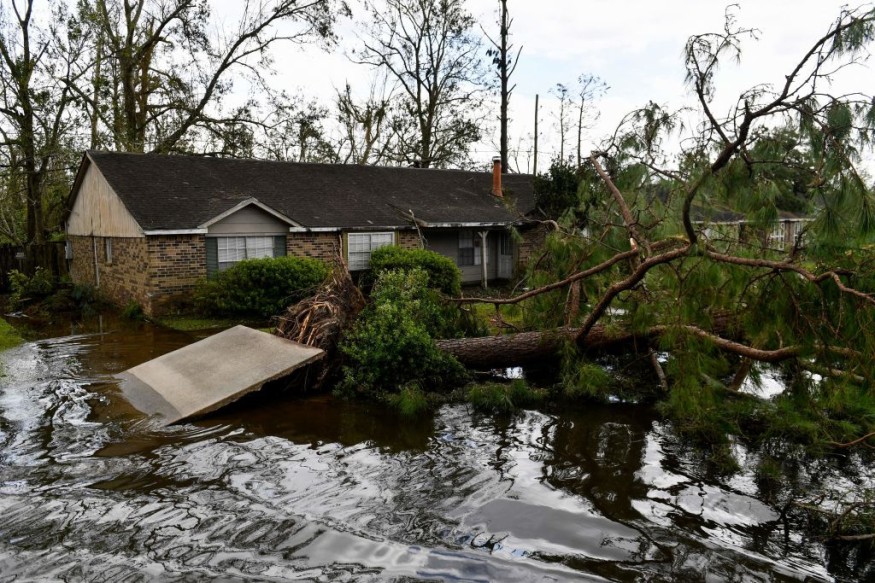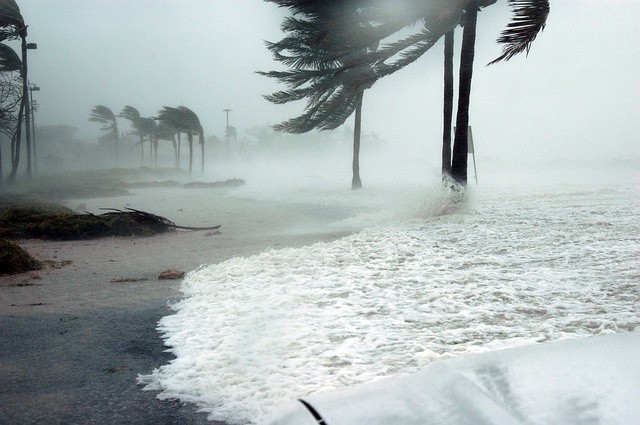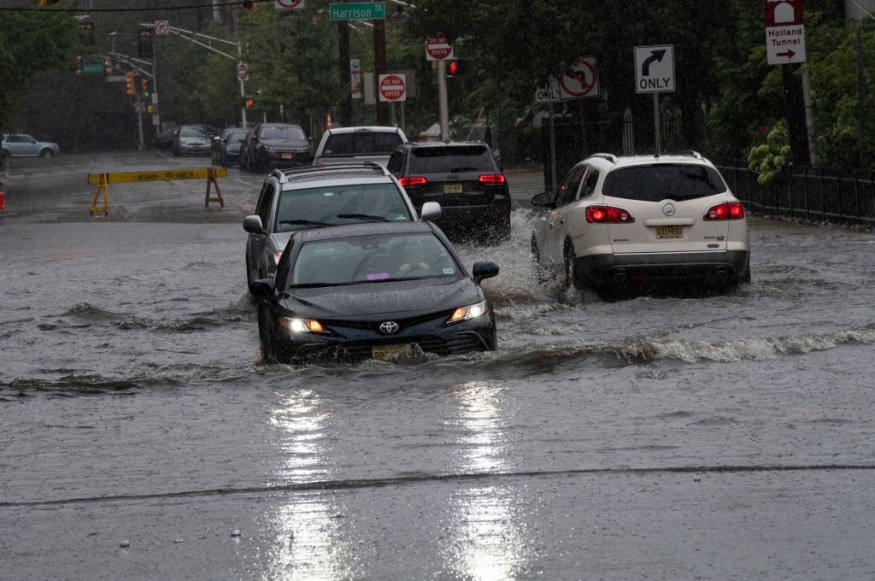According to studies, those born today will experience far more severe heat waves and other climate disasters throughout their lifetimes than their grandparents.
The study is the first to look at how different age groups are affected by climatic extremes, and it underscores the climate crises' intergenerational unfairness.

An "Even If" Situation
Even if countries keep their existing promises to reduce future carbon emissions, a kid born in 2020 will experience an average of 30 severe heatwaves throughout their lifetime, according to the study. That's seven times the number of heat waves experienced by someone born in 1960.
In addition, today's infants will grow up to suffer twice as many droughts and wildfires, as well as three times as many river floods and crop failures as someone 60 years old.
Rapidly reducing global emissions to keep global warming below 1.5°C would roughly halve the number of heatwaves today's children would face, while staying below 2°C would cut the number in half.
The UN's Cop26 climate conference in Glasgow in November will have a critical role in delivering commitments of greater emissions reduction from the world's biggest polluting countries, and climate justice will be a key topic of discussion. Developing nations and the global youth strike protestors point out that those who contributed the least to the climate catastrophe suffer the most.
"Serious Threat to the Safety of the Future Generations"

Prof Wim Thiery of the Vrije Universiteit Brussel in Belgium, who led the research, stated, "Our findings indicate a serious threat to the safety of future generations and advocate for substantial emission reductions to preserve their future." He predicted that individuals under the age of 40 would see "unprecedented" experiences, such as heat waves, droughts, floods, and crop failures that would have been nearly unthinkable - 0.01 percent probability - without global warming.
"The good news is that if we restrict warming to 1.5 degrees Celsius by phasing out fossil fuel usage, we can remove much of the climate burden off our children's shoulders," said Dr. Katja Frieler of the Potsdam Institute for Climate Impact Research in Germany, who was part of the study team. This is a once-in-a-lifetime opportunity."
Extreme Forecasts
"These new findings corroborate our 2019 study, which found that today's children would need to release eight times less CO2 over the course of their lifetime than their grandparents if global warming is to be maintained below 1.5 degrees Celsius," said Leo Hickman, editor of Carbon Brief. Many injustices are already being exacerbated by climate change, but the intergenerational unfairness of climate change is particularly pronounced."
Extreme event forecasts using advanced computer climate models, total population and life expectancy statistics, and global temperature trends from the Intergovernmental Panel on Climate Change were integrated with the study published in the journal Science.
The increases in climate effects predicted for today's young people are likely to be underestimated, according to the scientists, because numerous extremes within a year had to be lumped together, and the higher severity of occurrences was not taken into consideration.
There was much variance in the findings across the country. For example, under current emissions pledges, the 53 million children born in Europe and Central Asia between 2016 and 2020 will experience about four times more extreme events in their lifetimes. In contrast, the 172 million children of the same age in Sub-Saharan Africa will experience 5.7 times more extreme events.
Climate Awareness

The researchers stated, "This shows a disproportionate climate change cost for youthful generations in the global south."
Dohyeon Kim, a South Korean activist who took part in Friday's global climate strike, said: "Countries in the global north must push governments to prioritize justice and equity in climate action, both in terms of climate [aid] and setting more ambitious pledges that take historical responsibilities into account."
According to the study, only individuals under the age of 40 will survive to experience the repercussions of today's carbon reduction decisions. Those who are older will have passed away before the consequences of their choices are seen in the world.
For more news update about Environmental Action, don't forget to follow Nature World News!
© 2025 NatureWorldNews.com All rights reserved. Do not reproduce without permission.





